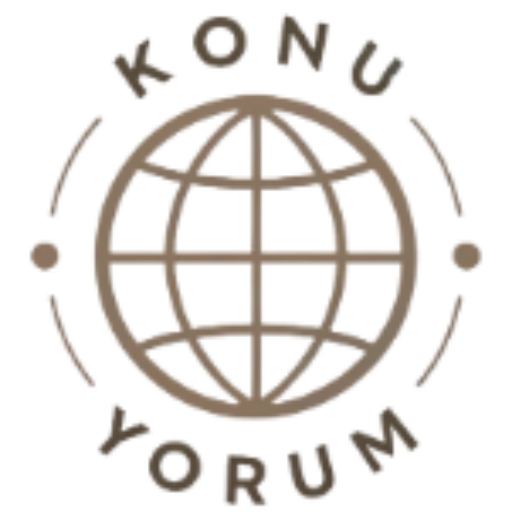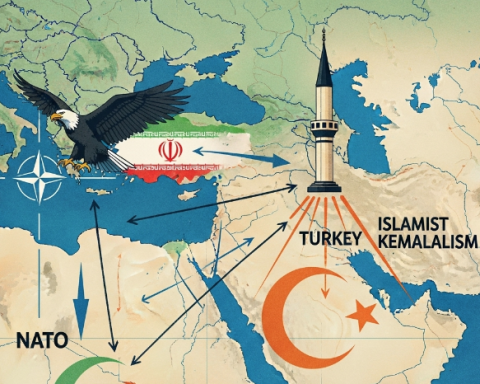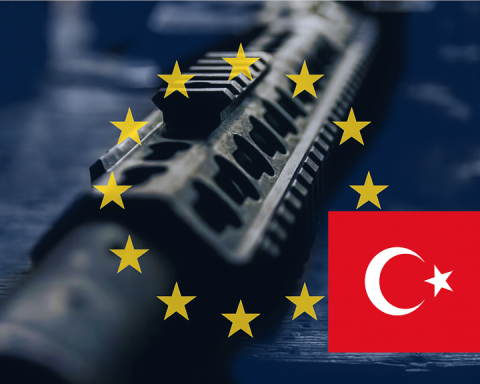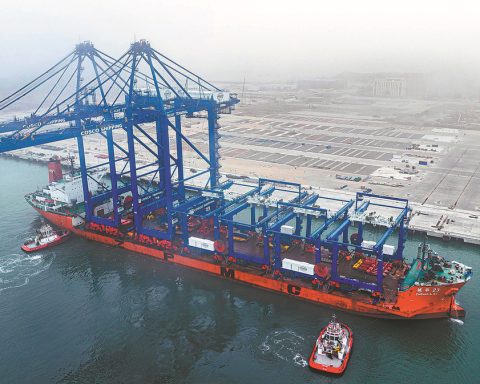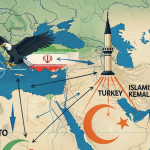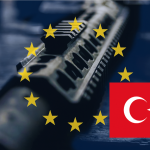In the global climate of uncertainty generated during the first Trump era, Turkey adopted a multipolar foreign policy that extended beyond the confines of the West and embarked on a quest to balance among regional and global actors. This new strategic positioning enables Turkey to redefine its role on the international stage and to play a more active part in ensuring regional stability. No longer is Turkey merely aligned with the coordination between the U.S. and Europe; it is now repositioning itself as an actor responsible for balancing its relations with Russia, China, and Middle Eastern stakeholders. To elaborate further:
Active Role in Regional Conflict Zones
Turkey’s multipolar foreign policy strategy has elevated its capacity to intervene in regional conflict zones to a new level. Its diplomatic and military initiatives in Syria, Libya, the Caucasus, and Central Asia have not only strengthened its ties with traditional allies but also supported alternative peace initiatives under Turkey’s own leadership. In particular, its military operations in Syria and diplomatic efforts in Libya have positioned Turkey as a balancing force in the region. Throughout this process, Turkey has strived to secure strategic advantages both militarily and economically.
In the Caucasus, Turkey’s support for Azerbaijan during the Nagorno-Karabakh clashes in 2020 increased its regional influence. Similarly, in Central Asia, relationships developed through structures such as the Turkic Council underpin Turkey’s goal of expanding its geopolitical impact.
A New Era in Turkey–EU relations: Strategic Autonomy
Turkey’s relations with the European Union have ushered in a new era. Ankara is emerging not only as a candidate country but also as a pivotal actor shaping Europe’s economic and geopolitical dynamics. This new perspective, developed under President Recep Tayyip Erdoğan’s leadership, has paved the way for Turkey to move away from a Western-centric paradigm and pursue strategic autonomy.
Through initiatives in energy, trade, and defense, Turkey plays an important role in the EU’s internal transformation process. In particular, natural gas discoveries in the Eastern Mediterranean and calls for an updated Customs Union could inject new dynamism into Europe’s economic integration. Turkey’s influence within the regional trade network has become a key factor in reshaping the balance of power in Europe.
In defense, Turkey is well positioned to directly contribute to the EU’s security objectives. With its domestically developed defense projects and unmanned aerial vehicles (UAVs) garnering global attention in recent years, Turkey has also highlighted the need for Europe to enhance its own military capacity. Discussions surrounding French President Emmanuel Macron’s European Army concept and Germany’s move toward an independent defense policy indicate that Turkey’s expertise in this field could prove invaluable. Moreover, Turkey’s balanced relationships with major powers such as Russia and China offer significant opportunities for the EU to operate more independently on the global geopolitical stage.
Increasing Influence in Global and Regional Balances
The multipolar foreign policy model adopted by Turkey is transforming it into a more flexible, proactive, and effective actor on the international stage. This model not only contributes to regional stability but also serves to protect Turkey’s national security and economic interests. Confronting unilateral policies by the United States, Turkey is developing a flexible, multifaceted strategy designed to turn global uncertainties to its advantage.
Turkey’s “strategic autonomy” approach also emerges as a new balancing element in its relations with the EU. As Europe increasingly feels the need to safeguard its security and economic interests independently of unilateral U.S. foreign policies, it is compelled to develop cooperation with a powerful regional actor like Turkey. In this context, Turkey not only finds common ground with the EU but also contributes to the evolution of an international system that is more independent, competitive, and multipolar.
Considering all these dynamics, Turkey is set to continue increasing its influence as both a regional power center and a global balancing force. By reexamining its traditional alliances and establishing cooperative mechanisms with new global actors, Turkey is preparing to secure an increasingly significant role in the international system.
